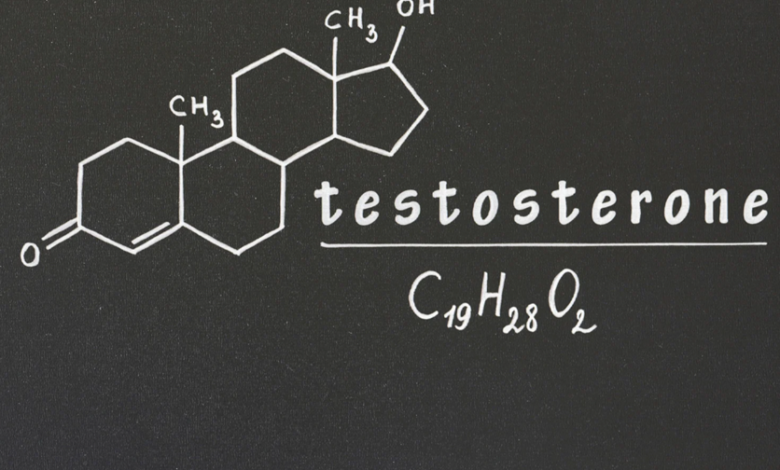Role of TRT in Managing Age-related Hormonal Decline

Hormonal shifts are a natural part of aging, but for many men, a noticeable drop in testosterone can result in fatigue, decreased muscle mass, and a diminished sense of vitality. Testosterone replacement therapy (TRT) is often recommended to help correct these imbalances and restore optimal function. Early intervention is crucial, particularly for individuals experiencing persistent symptoms that significantly impact their quality of life. Accessing services like testosterone replacement therapy in Lakeland can provide a medically supervised approach to regaining hormonal stability.
Understanding Age-related Testosterone Decline
As men age, testosterone production steadily declines, typically beginning around the age of 30 and continuing at a gradual pace. While this change is normal, for some individuals it becomes clinically significant, leading to low energy, reduced libido, mood swings, and difficulty maintaining muscle. These symptoms are often misattributed to aging alone, when in fact they stem from treatable hormonal deficiencies. By identifying these markers early, men can prevent the compounding of health issues and maintain better physical and mental well-being.
TRT helps address this deficiency by restoring testosterone levels to a therapeutic range, alleviating symptoms, and supporting improved wellness. Unlike short-term solutions, TRT is typically part of a comprehensive treatment plan involving regular monitoring, lifestyle adjustments, and goal-based progress tracking.
See also: Why a Patient Access Call Center is Essential for Healthcare Providers
Who Should Consider Testosterone Therapy?
Blood tests and a professional evaluation should guide the decision to pursue TRT. Symptoms such as brain fog, unexplained weight gain, low motivation, and sleep disturbances often prompt individuals to seek help. Medical specialists assess baseline hormone levels and determine the appropriate course of action based on each patient’s physiology and medical history. Knowing when men should consider testosterone replacement therapy TRT is crucial for long-term outcomes. A proactive approach can reduce the risk of chronic fatigue, cardiovascular stress, and metabolic complications commonly associated with low testosterone. It also enhances the body’s ability to retain muscle, manage fat, and stabilize mood.
Benefits of a Supervised TRT Program
TRT is most effective when administered under the supervision of a trained medical provider. Ongoing oversight ensures safe dosage adjustments, symptom tracking, and mitigation of side effects. When correctly managed, TRT can lead to sustained increases in energy, better mental clarity, enhanced sexual health, and a renewed sense of confidence.
Incorporating TRT into a well-rounded wellness plan offers cumulative benefits that extend beyond basic hormonal correction. For men over forty, the benefits of testosterone replacement include stronger cardiovascular health, bone density preservation, and improved metabolic function, all of which contribute to overall longevity and life satisfaction.
The Importance of Personalized Hormone Care
There is no one-size-fits-all approach to hormone therapy. Personalized plans are essential to achieving optimal results without overcorrection or unnecessary side effects. Providers tailor each regimen to the individual’s goals, which might include increased stamina, body recomposition, or simply feeling more like themselves again. Regular follow-ups enable healthcare providers to monitor hormonal changes, adjust treatment as necessary, and ensure consistent progress. This level of customization enhances safety and efficacy, reducing the likelihood of treatment fatigue or plateau.
Conclusion
Testosterone replacement therapy offers a viable path to restoring hormonal balance and improving vitality as men age. With targeted support from a reputable testosterone replacement therapy provider, individuals can reclaim physical performance, mood stability, and quality of life. TRT, when approached with professional oversight and long-term commitment, becomes a powerful tool for aging well.







